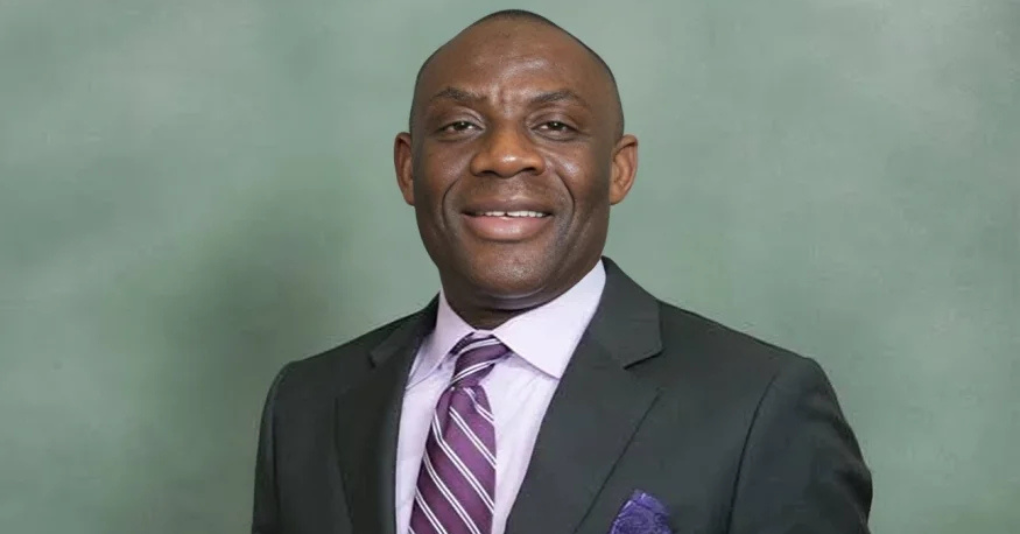News
High UTME failure rate a sign of progress, says Education Minister, Alausa

The Minister of Education, Dr. Tunji Alausa, has described the sharp drop in performance in the 2025 Unified Tertiary Matriculation Examination (UTME) as a sign that Nigeria is finally winning the war against examination malpractice, particularly within the Joint Admissions and Matriculation Board (JAMB).
Speaking Tuesday on Channels Television’s Morning Brief, Alausa responded to public concern over JAMB’s latest data, which revealed that out of nearly two million candidates who sat for the 2025 UTME, only about 420,000 scored above 200, the traditional benchmark for competitive admissions. The figure represents a pass rate of just over 21 percent, sparking debate across educational and parental circles.
But the minister was unshaken in his assessment.
“That’s a big concern, and it’s a reflection of exams being done the proper way,” Alausa said. “JAMB has tightened its computer-based testing system with strong security protocols. Fraud and cheating have been almost entirely eliminated.”
Read Also: Benue, Zamfara Assemblies reject Reps’ summons, accuse NASS of constitutional overreach
According to Alausa, the low scores should not be seen solely as an indictment of the students but as evidence that the era of inflated results and “miracle centres” is coming to an end at least in JAMB-administered tests.
However, he admitted that other examination bodies like WAEC and NECO still lag behind in curbing malpractice.
“In WAEC and NECO, malpractice is still rampant. So what happens is that a student cheats through those exams and then meets a system like JAMB where cheating is virtually impossible. The gap in performance is what you’re seeing now,” he said.
Since assuming office, Alausa said the Ministry of Education has undertaken an audit of Nigeria’s examination systems and is now rolling out reforms to bring WAEC and NECO in line with JAMB’s technology-driven approach.
He announced that from November 2025, both WAEC and NECO will begin administering objective sections of their exams via computer-based testing. By May/June 2026, the full CBT model—including essay writing—will be implemented.
“We have to use technology to fight this fraud,” Alausa said. “The existence of miracle centres is a national embarrassment. We cannot let dishonest practices define our education system.”
Beyond statistics and reforms, the minister also touched on the human cost of cheating.
“The worst part of malpractice is how it demoralizes the diligent ones,” he noted. “Imagine preparing hard for WAEC while knowing some classmates already have access to leaked questions. Eventually, that temptation can corrupt even the most honest student. That’s how we lose our best minds.”
Dr. Alausa reiterated the government’s resolve to uphold academic integrity across all levels and restore public confidence in Nigeria’s examination and admissions systems.
“Our focus is clear. Equity, fairness, and technology-backed credibility. We will not relent,” he concluded.
Join the conversation
Support Ripples Nigeria, hold up solutions journalism
Balanced, fearless journalism driven by data comes at huge financial costs.
As a media platform, we hold leadership accountable and will not trade the right to press freedom and free speech for a piece of cake.
If you like what we do, and are ready to uphold solutions journalism, kindly donate to the Ripples Nigeria cause.
Your support would help to ensure that citizens and institutions continue to have free access to credible and reliable information for societal development.






















